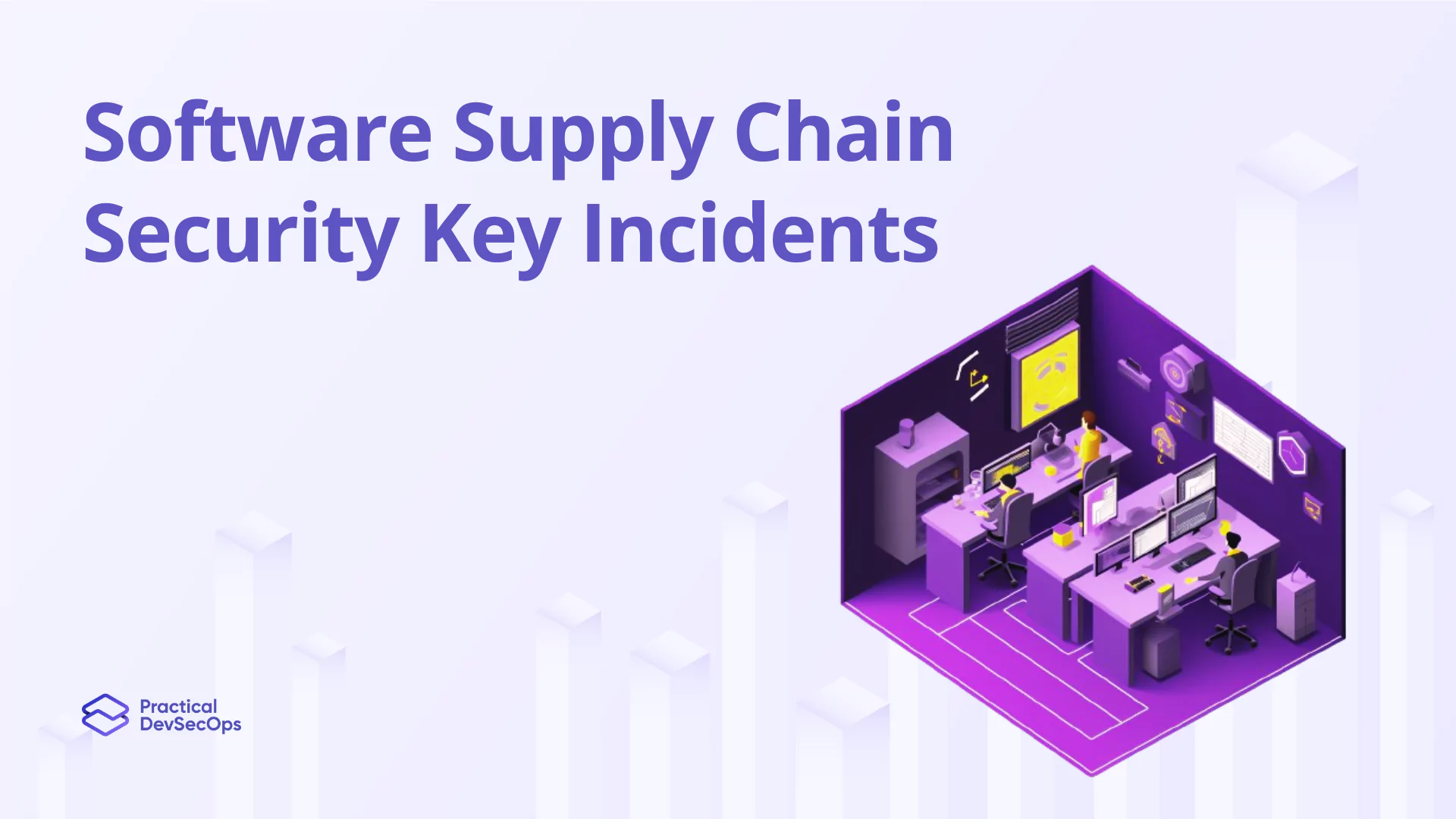In today’s digital landscape, Application Programming Interfaces (APIs) play a crucial role in enabling seamless communication and integration between different software systems. As APIs become increasingly prevalent, ensuring their security is paramount. In this article, we will explore the importance of API security management and provide practical tips to keep your digital assets safe.
Why API Security Management Matters
APIs act as gateways for data and functionality, making them attractive targets for attackers. A security breach in an API can lead to unauthorized access, data leaks, and even system compromise. Therefore, implementing robust API security management practices is essential to protect against potential threats.
The Risks of Inadequate API Security
Failure to adequately secure your APIs can leave you vulnerable to various risks, including:
- Data breaches: Inadequate security measures can expose sensitive data transmitted via APIs, leading to data breaches and compromising user privacy.
- Unauthorized access: Weak authentication and authorization mechanisms within APIs can allow unauthorized individuals to gain access to sensitive resources or perform unauthorized actions.
- Malicious activities: APIs that lack proper security controls may be susceptible to malicious activities, such as injection attacks or denial-of-service attacks, which can disrupt business operations.
- Reputation damage: A security incident involving your APIs can lead to loss of customer trust, tarnishing your organization’s reputation.
To mitigate these risks, it is crucial to implement comprehensive API security management practices.
Also Read, Best API Security Books
Best Practices for API Security Management
To enhance the security of your APIs, consider implementing the following best practices:
1. Authentication and Authorization
- Strong authentication: Implement secure authentication mechanisms, such as OAuth or token-based authentication, to ensure that only authorized users can access your APIs.
- Granular authorization: Use role-based access control (RBAC) or attribute-based access control (ABAC) to define fine-grained access permissions for different API resources.
Download Free E-book on API Security
2. Data Protection
- Secure data transmission: Use encryption (such as Transport Layer Security or TLS) to protect data while it is in transit between your APIs and client applications.
- Proper data validation: Implement input validation techniques to prevent injection attacks and ensure the integrity of data sent through the APIs.
- Masking sensitive data: Avoid exposing sensitive data unnecessarily by implementing data masking techniques.
3. API Gateway
- Centralized security enforcement: Implement an API gateway as a single entry point for your APIs, allowing you to enforce security policies, rate limiting, and monitoring in a centralized manner.
- Throttling and rate limiting: Implement rate limiting mechanisms to prevent abuse or excessive usage of APIs, ensuring fair resource allocation and protecting against denial-of-service attacks.
Also Read, API Gateway Security Best Practices
4. Security Testing and Monitoring
- Regular security assessments: Perform periodic security assessments, penetration testing, and code reviews to identify vulnerabilities and address them proactively.
- Real-time monitoring: Implement logging, monitoring, and intrusion detection systems to monitor API transactions and detect any abnormal patterns or potential security incidents promptly.
Also Read, Best API Security Testing Tools
5. API Lifecycle Management
- Governance and versioning: Establish a governance framework to manage the entire lifecycle of your APIs, including versioning, deprecating outdated versions, and ensuring backward compatibility.
- Secure API documentation: Ensure that your API documentation provides clear and up-to-date security guidelines, including authentication methods, required headers, and data formats.
By following these best practices, you can significantly enhance the security of your APIs and protect your digital assets from potential threats.
Conclusion
API security management is a critical aspect of securing digital assets in today’s interconnected world. By implementing robust security measures such as strong authentication and authorization, data protection, API gateway enforcement, security testing and monitoring, and efficient API lifecycle management, you can mitigate the risks associated with API vulnerabilities. Emphasizing API security management not only safeguards your organization’s reputation but also helps establish trust with your customers and partners, fostering a secure and resilient digital ecosystem.
Interested in API Security Hands-On Upskilling?
Practical DevSecOps offers an excellent Certified API Security Professional (CASP) course with hands-on training through browser-based labs, 24/7 instructor support, and the best learning resources to upskill in API security.
Start your journey mastering API security today with Practical DevSecOps!
Also Read, API Security Trends of 2024






0 Comments